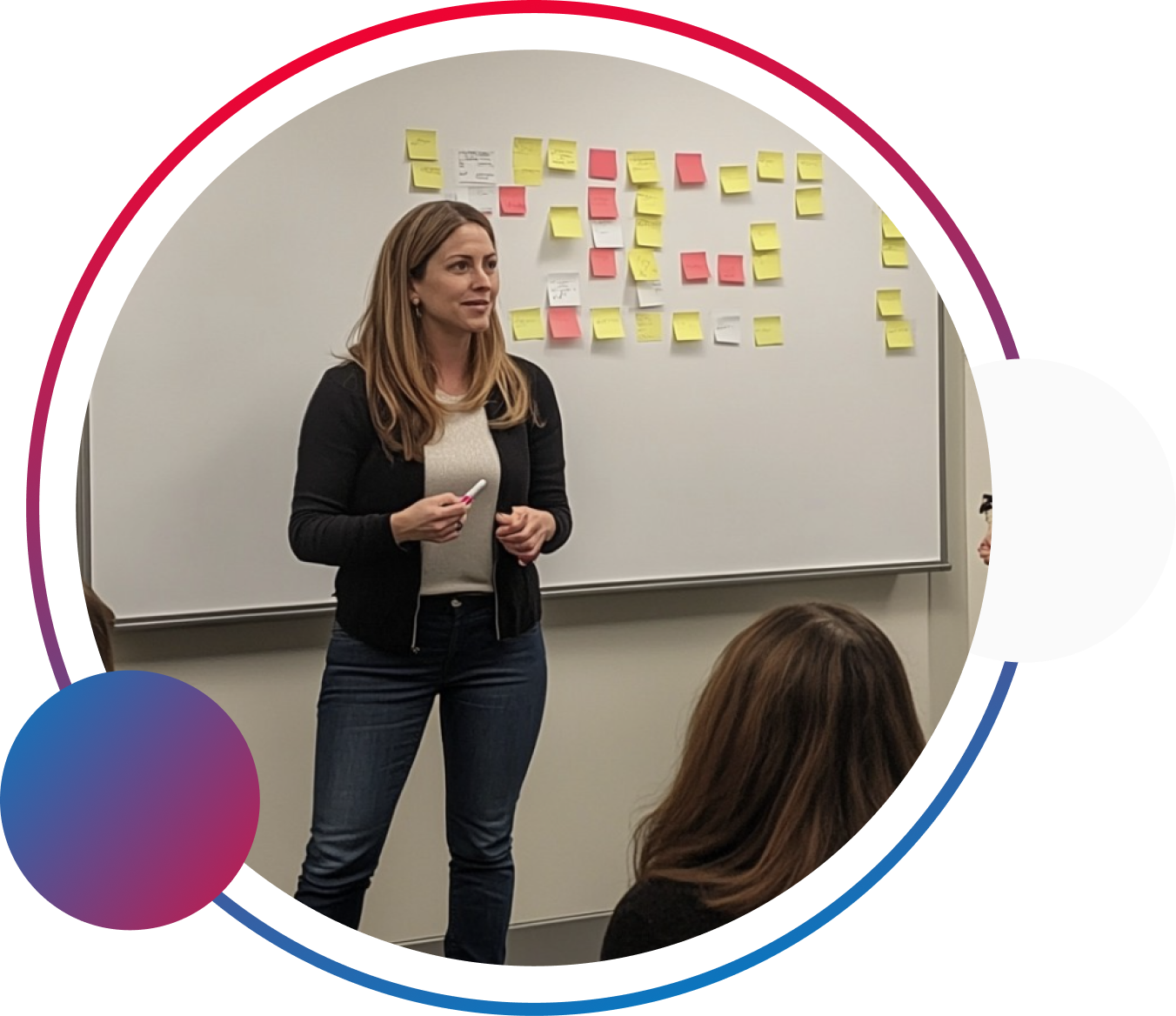

Off-the-job training is training received by an apprentice during an apprentice’s normal working hours. This training is specifically for the purpose of achieving the knowledge, skills and behaviours necessary for the apprentice to reach the required standard.
With Dynamic Training, all off-the-job training is recorded via your e-portfolio, OneFile, and monitored throughout the duration of the apprenticeship to ensure the apprentice is getting enough off-the-job training. It is a statutory requirement for an apprentice to be provided this time.
f your normal working hours are 30 hours or above per week, you are required to complete a minimum of 6 hours off the job training each week of your apprenticeship programme (excluding End Point Assessment)
If you are an apprentice working part time (working less than 30 hours per week), your off-the-job training hours are calculated at 20% of your normal working hours over the extended duration of your apprenticeship programme.
As apprenticeships are work-based programmes, the off-the-job-training must take place within your normal working hours (excluding overtime)
Apprentices may wish to undertake off-the-job training activities outside of their working hours, however this cannot be counted towards meeting the off-the-job requirement.
Off-the-job training should be seen as an opportunity to upskill your apprentice, bringing real long-term benefits.


Dynamic Training cares deeply about creating an inclusive and accessible enviroment for our learners.

What is Off-The-Job Training in the Apprenticeship process? Lets explain how Apprentices balance their day.

What is Off-The-Job Training in the Apprenticeship process? Lets explain how Apprentices balance their day.